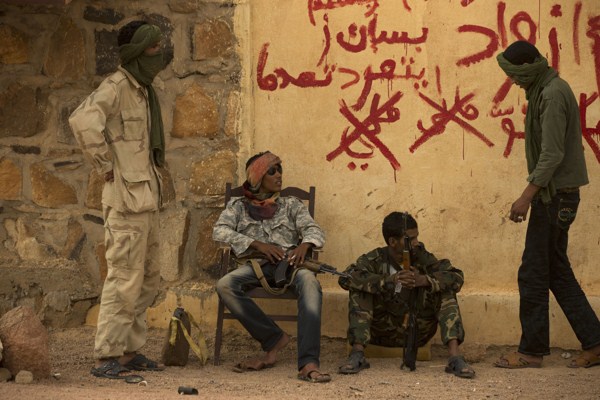Almost exactly three years ago, a coalition of rebel groups dominated by Tuareg fighters started a military campaign for the independence of Mali’s northern regions. The separatist campaign led to a coup by disgruntled soldiers that shattered Mali’s image as a beacon of democracy in West Africa. But the world was really shocked into taking notice when Islamist groups associated with al-Qaida took advantage of the power vacuum in the north to establish a quasi-state, raising the specter of what some called an “Afghanistan on Europe’s doorstep.”
Today, after a major French military intervention and the deployment of a large U.N. peacekeeping mission, the situation in Mali is ostensibly under control: A new president, Ibrahim Boubacar Keita, assumed office in September 2013 after an election widely considered free and fair. His government has been in peace talks with the separatists groups, even producing a draft agreement in November, proposing major changes to Mali’s political institutions.
But there are indications that this display of political progress is but a thin veneer, barely covering the deep rifts and worrying trends that shape Mali’s political landscape. The peace process is flawed to the point of being detrimental to Mali’s stability, while Keita has lost so much political standing in his year and a half in office that the possibility of his resignation is openly discussed in Bamako.

